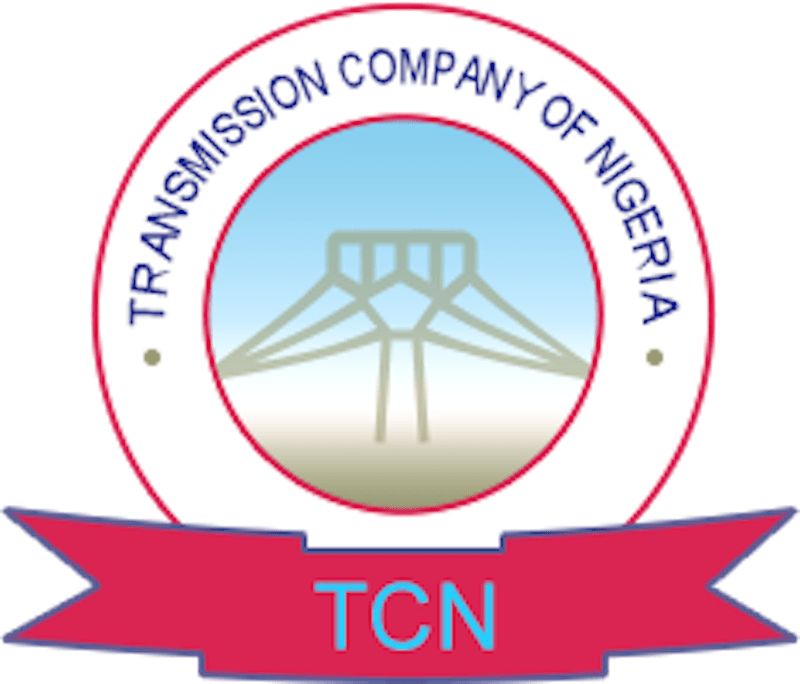Adebayo Adelabu, the Minister of Power, has apologised to Nigerians in the north for the protracted power outage that has occurred over the last few days.
Speaking on Thursday during a courtesy visit to Kano Governor Abba Yusuf, Adelabu attributed the problem on the national grid’s “weak, obsolete, and dilapidated” infrastructure, which is more than 50 years old.
On October 21, the Transmission Company of Nigeria (TCN) reported a power outage impacting the northeast, northwest, and sections of north-central Nigeria due to the tripping of the 330-kilovolt (kV) Ugwaji-Apir double circuit transmission lines one and two the day before.
In a statement, Ndidi Mbah, the TCN’s General Manager of Public Affairs, attributed the occurrence on a “fault.”
On October 28, Adelabu declared that the broken transmission line will be rebuilt as quickly as possible, ensuring that customers who experienced blackouts would not be invoiced by distribution companies.

During his visit, the minister called the situation as “very unfortunate” and stated that the federal government is working to completely rebuild the infrastructure.
He added that many of the towers built long ago are collapsing owing to weather and climate change, underlining the importance of ongoing upkeep.
“This grid requires significant funds for maintenance,” Adelabu said.
“We will continue to manage what we have and prevent frequent disruptions until we can fully overhaul this infrastructure.”
Adelabu mentioned several programs aimed at improving the structure of the national grid, including the presidential power initiative (PPI), also known as the Siemens project, which is now underway.
He also highlighted that the TCN’s growth programme, which is backed by the World Bank and the African Development Bank (AfDB), is now underway.
“The pilot phase of the Siemens project has just concluded and involved the importation of 10 power transformers and 10 mobile power substations,” the energy minister said.
“Phase one of the Siemens project will soon commence, after which the grid’s performance will be significantly improved compared to current experiences.”
He also confirmed that all mobile substations had been installed and inaugurated as needed, which contributed to the observed stability.
Adelabu encouraged Nigerians to protect the country’s electricity infrastructure against vandalism, as repairs are costly.
Yusuf, represented by his Chief of Staff, Shehu Sagagi, claimed that the state government would soon set up an electrical market to encourage private sector participation.
He added that the 10-megawatt hydropower facility at Tiga and the six-megawatt plant at Chalawa are almost finished.
Yusuf claimed that Kano purchased 500 transformers at the start of his administration, which were deployed to improve electricity distribution.
The governor also urged President Bola Tinubu to build an emergency mini-grid power plant to provide adequate voltage in the state and diversify generation to lessen reliance on the national grid.
Meanwhile, TCN said that power was successfully restored to seven northern states via its 330kV Ugwuaji-Apir transmission line one.
The business added that with this restoration, the Apir-Lafia 330kV transmission line two is now operational, allowing power to be sent to Lafia, Makurdi, Jos, Kaduna, Kano, Bauchi, and Gombe states.


